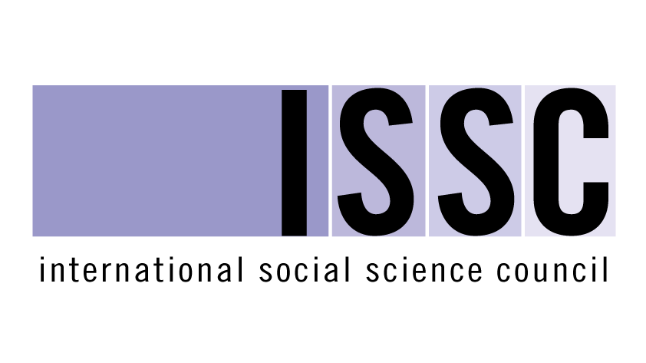

Nagoya, Japan
13-14 December 2010
ISSC-CIPSH General Assembly Joint Scientific Symposium
Nagoya, Japan 13-14 December 2010
Changing Nature – Changing Sciences?
The Challenges of Global Environmental Change for the Social Sciences and the Humanities
Final Statement of Outcomes
- The ISSC and CIPSH are committed to strengthening the role, relevance and presence of the social and human sciences in all public spheres, as essential tools to address and educate about the complexities of an increasingly uncertain world brought about by global environmental change.
- We can no longer talk about climate change as something external to the social and human sciences: it is, on the contrary, a domain par excellence of our disciplines.
- It is necessary to overcome the traditional, historically developed boundaries that have shaped our sciences in order to:
- Build legitimacy vis‐à‐vis the natural sciences
- Promote social sciences and humanities to various actors
- Recognize their pertinence
- Foster their mutual interaction
- Promote learning across scientific fields
- Secure appropriate levels of funding for social and human scientific work on global change
- We are in a new era for humanity; a time that requires us to acknowledge existing work in the field of global change whilst building new theoretical and methodological tools and rethinking existing institutional structures in order to produce necessary new knowledge.
- It is vital to promote the co‐production of ideas across multiple sources of knowledge (non‐expert knowledge, indigenous, private sector, etc.) and the need to build linkages between them.
- Education is crucial. As the social and human sciences play a major role in understanding the world’s complexity, scientific education should permeate all levels of educational systems, from primary to higher and adult education.
- We need a better balance between democratic representation (still at the local level) and global competences needed to address world problems (environmental change, social inequalities, social and economic crisis, poverty, conflict, etc.).
- Given the new challenges, we need to elaborate new philosophical and intellectual frameworks that can help us devise new models of progress and development.
Recommendations
- The ISSC and CIPSH will work towards promoting integrated research on global environmental change accounting for the outcomes stated above
- with their members
- across both councils
- with ICSU
- with other relevant partners
- Because of the inverse relationship between those responsible for environmental destruction, climate change, biodiversity loss, etc. and those affected by their negative consequences and possibly by ongoing “solutions”; and because of uneven development histories and ongoing uneven globalization : the ISSC and CIPSH will pay special attention to perspectives from the global South, to issues of poverty and inequality, social justice and cohesion, to differences in knowledge capacity, linguistic and cultural diversity, and to lack of voice and power.
Finally,
- The ISSC and CIPSH will work towards developing joint, truly global and inclusive programs of work with concrete outcomes and deliverables;
- We will assure outreach to practitioners and policy making actors; and
- Commit ourselves to promoting public deliberation.
